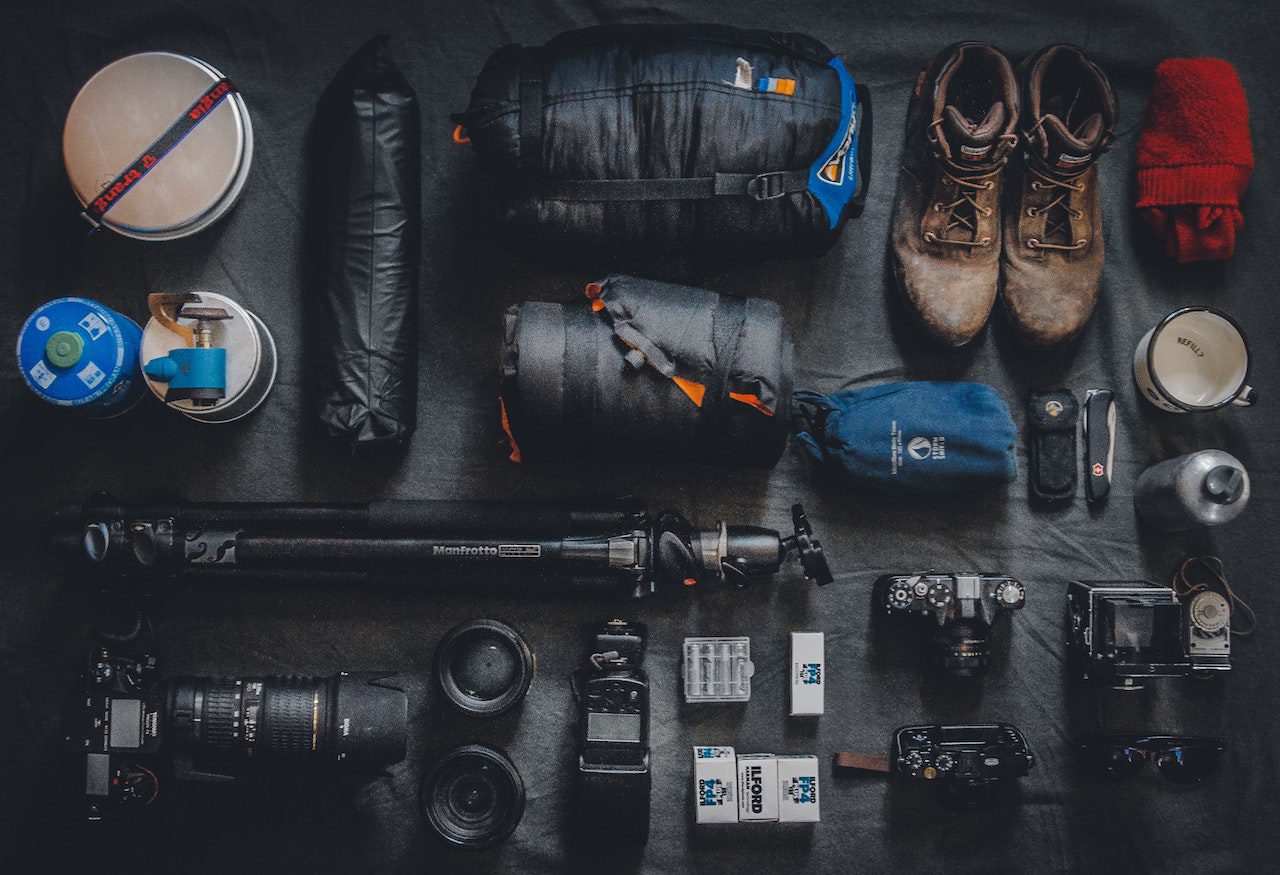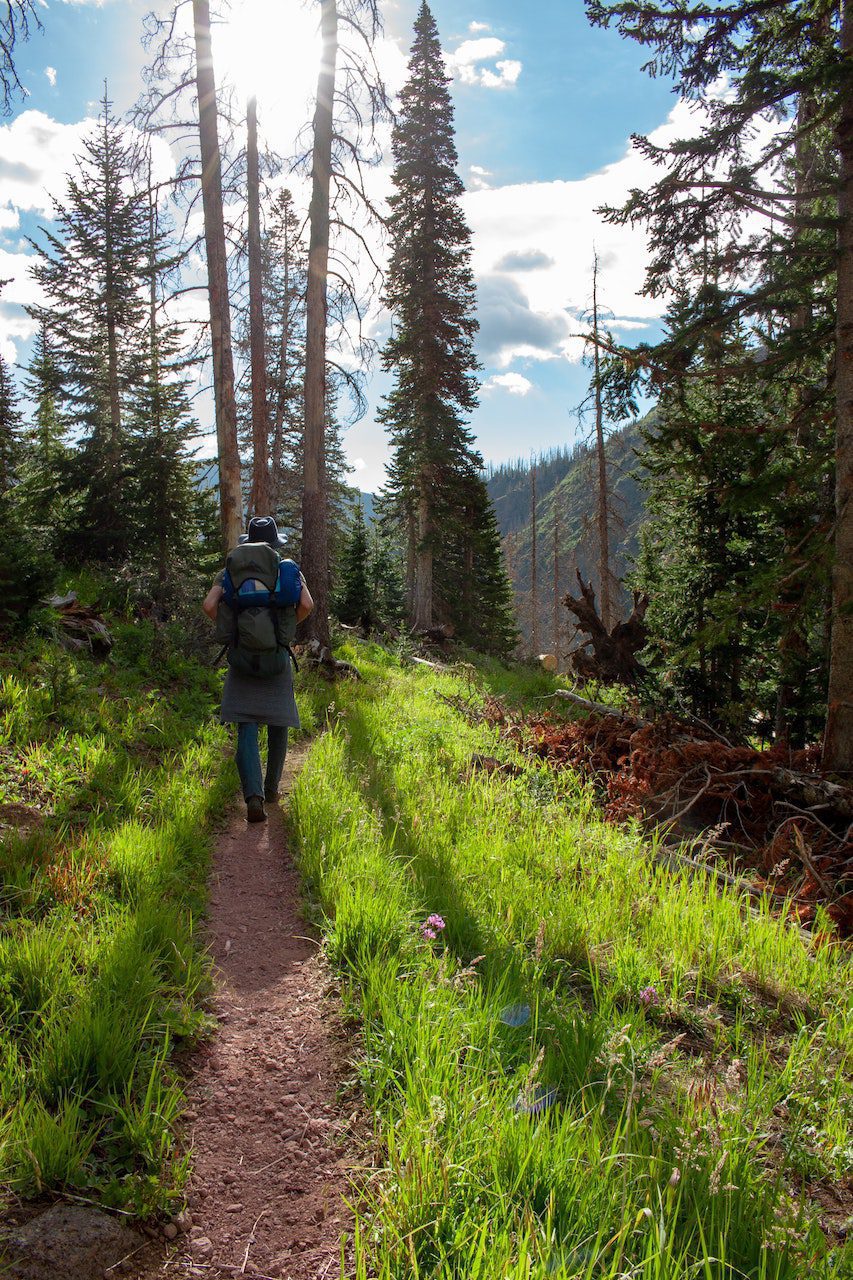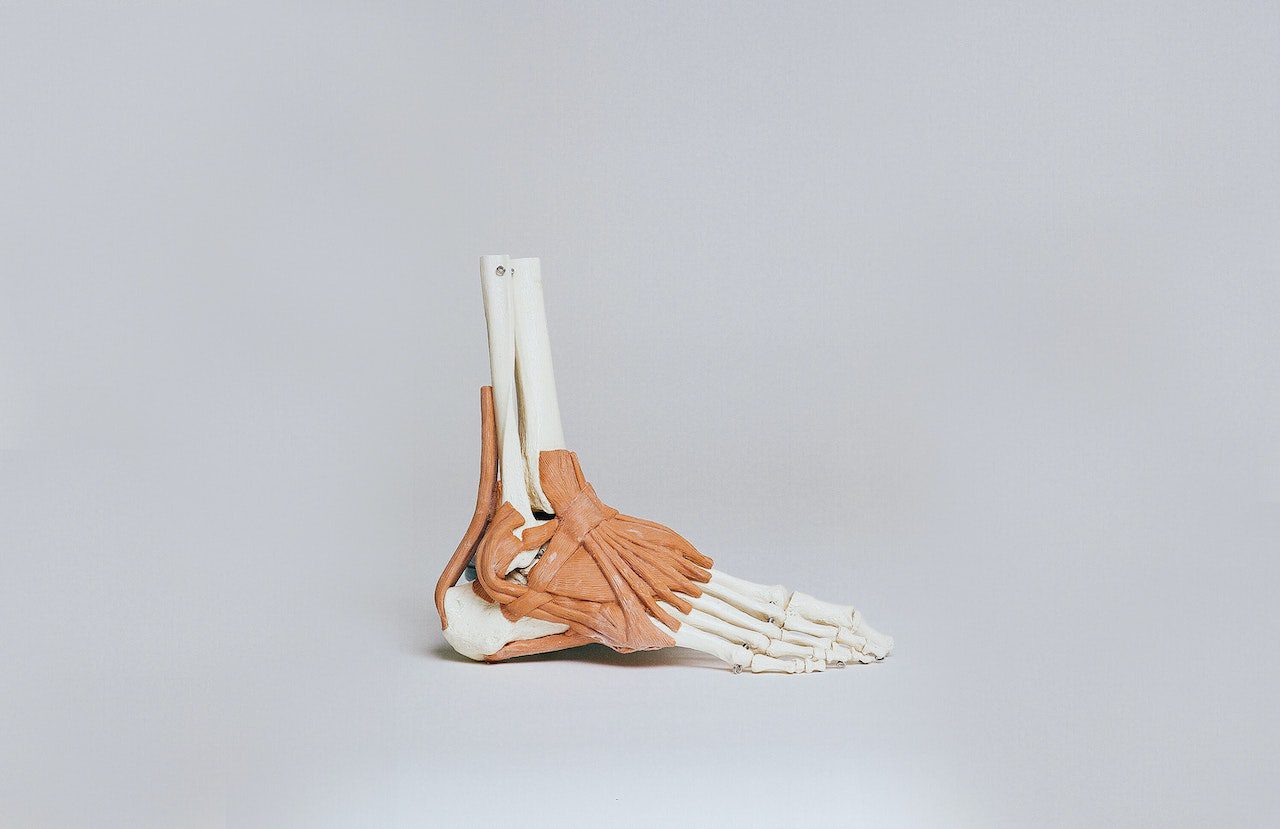
Everything You Need To Know About Backcountry Permits.
What Are Backcountry Permits?
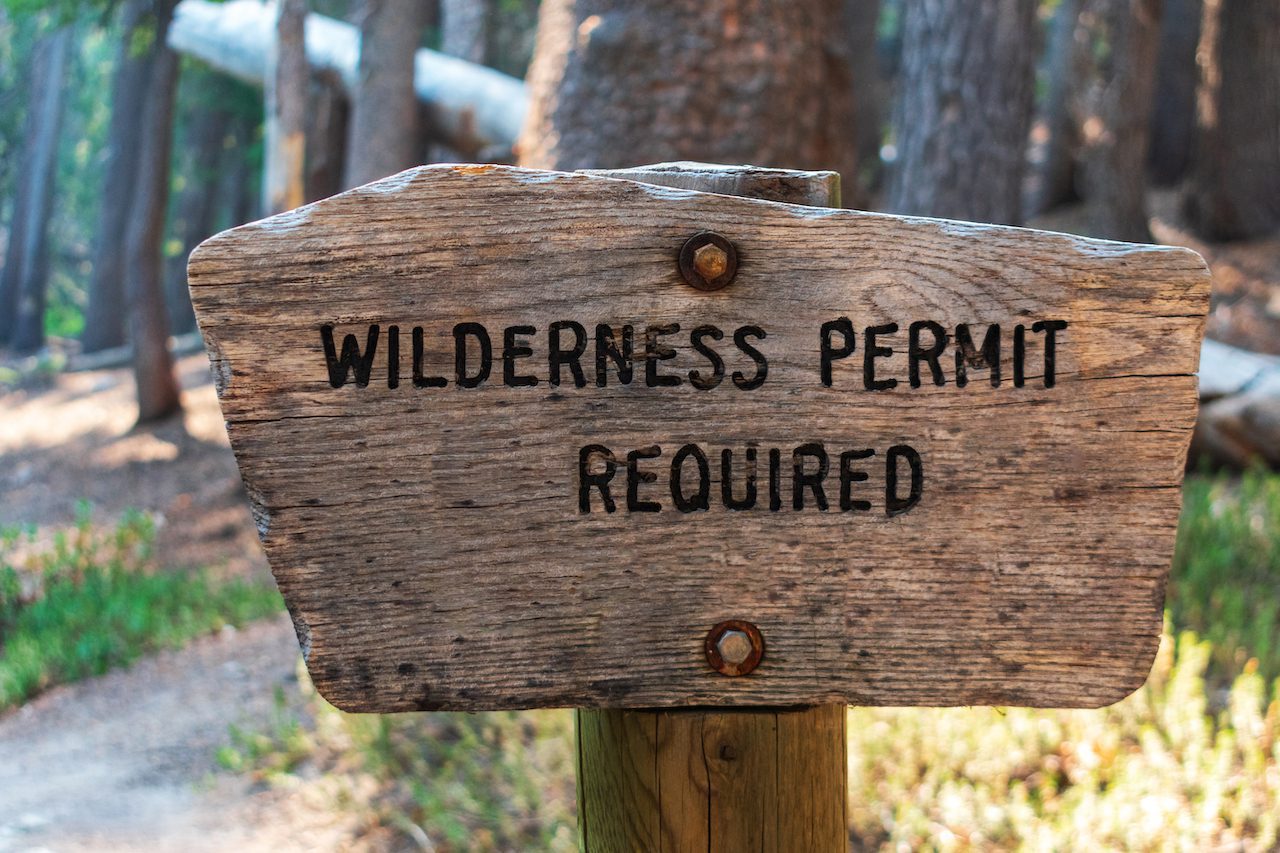
In short, a backcountry permit is a permit issued by a park that allows you to enter their wilderness and camp overnight at designated campgrounds or shelters. Different campsites will have a different amount of nightly permits available depending on the size of the campground and the regulations of the park.
What Is On A Backcountry Permit?
The typical information found on your permit includes:
- Dates you are spending in the backcountry.
- Your Hiking itinerary.
- Which campsites or shelters you will be camping at.
- How many people are in your party
- The name of your “party leader” (person who reserved the permits
You are required to have your backpacking permit on your person at all times while backpacking in the backcountry.
Why Do We Have Backcountry Permits?

These permits allow the park to keep track of how many people are entering into and out of the wilderness and how many people are staying at a campsite on a given night. With this information, parks can quota the number of people entering the wilderness. The reason for this is that the more people that enter the park, the more damage that is done to flora and fauna of the park due to overuse. With the permit system, parks can control how many people use the wilderness, thus limiting the impact of visitors on the environment within the park.
Permits protect visitors by providing the park ranger with your expected time for exiting the wilderness. Also, you provide an itinerary where you will be hiking in the park when you obtain a permit. By giving your itinerary, park rangers know where to start looking for you if you do not exit the backcountry at your expected time. This is hopefully never the case for you!
Do Backcountry Permits Cost Money?

Yes, you typically have to pay some sort of registration or service fee for backcountry permits. However I will say that they are typically inexpensive, I have never spent more than $30.00 on permits.
But keep in mind that permit prices can vary based on several factors such as:
- The number of days being spent in the backcountry.
- How many people are at your party.
- The park that you are backpacking
Do All Parks Have The Same Backcountry Permit System?
No, this is entirely dependent on the park that you are visiting because nearly all of them have their own rules and regulations for their backcountry permit system.
Some parks require permits and some that do not. Some have their own reservation portal and some use recreation.gov to book permits. Some offer walk-up permits and some only have permits available by reservations. Some use a lottery system and some do not. I can go on all day.
As you can see there can be a ton of differences between the ways parks run their permit systems so I would refer to a park’s website for details or check out our national park guides.
Do You Really Need to Get Permits When Backpacking?
Yes, you absolutely should have permits if they are required by the park. Now I know some of you may be thinking “who’s going to be checking these permits?” and that you can probably get away with not getting permits in a massive park. Can you get away with hiking without permits? Maybe, but does it make it the right thing to do? Definitely not. Not only is it morally wrong, but it is also illegal and if caught by a park ranger, can lead to criminal penalties and fines.
When backpacking in the park you are expected to carry your permit with you at all times. This is because park rangers scout the backcountry and can ask to see your permits whenever they run into you. With this in mind remember to clip your permit to your tent or hammock when setting up camp. That way if a ranger comes by at night they can see your permits and pass rather than wake you up from your sleep! So to reiterate yes, if backpacking permits are required by the park you need to consider them like a backpacking essential just like your gear. Check out other essential backpacking gear here.
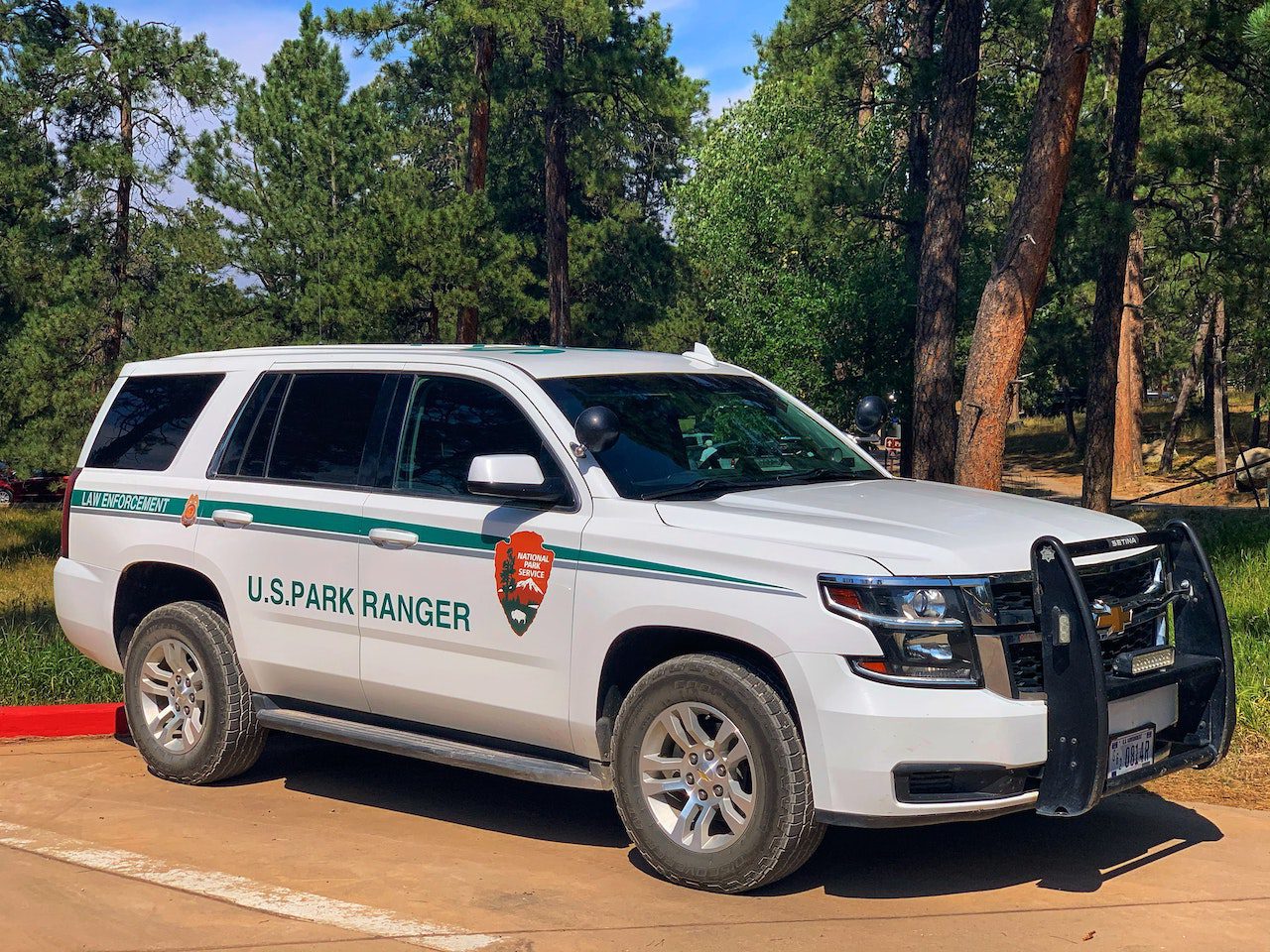
Walk-Up Permits
Some parks offer walk-up permits which are distributed on a first come first serve basis. These are permits are perfect for people who are going on an impromptu backpacking trip and do not have reservations booked in advance. Typically walk-up permits can be obtained either the day before or the day of the start of your hike at one of the park’s visitor centers or ranger stations. One thing I will recommend which if you are trying to get walk-up permits, make sure you are at the ranger’s office as soon as it opens so you will be the first one requesting permits.
Booking Your Backcountry Permits

Here are some of the basic steps to planning your backcountry permit itinerary.
- Figure out what dates and trails you want to hike. (if you need some inspiration check out our National Park Guides)
- Then determine how long you want to hike each day and find a combination of campsites you want to stay at that fit your desired daily mileage.
- Go to your park’s website to figure out how and when you can book permits.
- Check if your desired itinerary is available.
- Book your campsites.
- Make sure you have the right gear for your trip. (check out our gear blog for our recommendations)
- Enjoy your trip!
I hope you guys now know a bit more about backcountry camping permits and it is important to keep them in mind when planning your next backpacking trip. To be kept in the loop on all of our new backpacking posts sight up for our email list!

